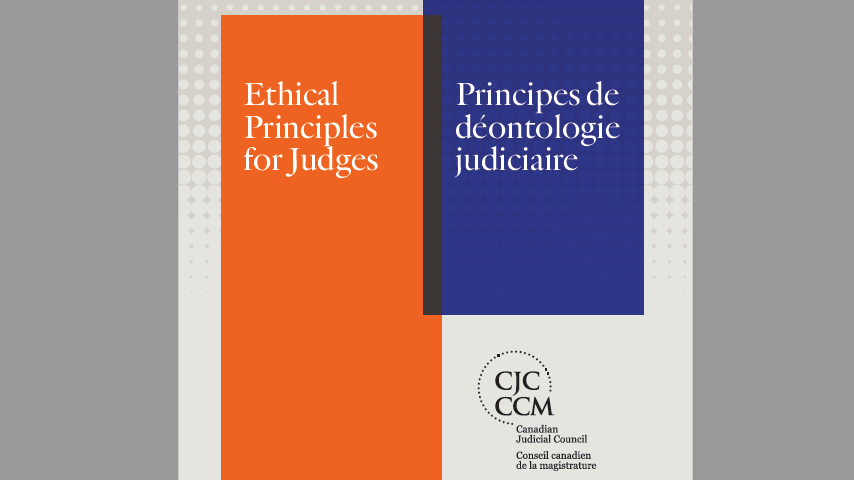Two years ago, I wrote a column calling for the duty of technology — which applies to lawyers in 39 states — to be extended to judges. While that has not happened in the United States, it has now happened in Canada.
Yesterday, the Canadian Judicial Council published a new and modernized edition of its Ethical Principles for Judges, a set of ethical guidelines for federally appointed judges, originally published in 1998, that cover issues of independence, integrity and respect, diligence and competence, and equality and impartiality.
This revised version, produced after four years of work that included receiving input from the public, is the first to include guidelines related to judges’ use of technology and social media.
In the 72-page bilingual document, the reference to technology is brief. Similar to the duty of technology competence for U.S. lawyers, which is derived from a short phrase in the comments to Model Rule 1.1 on competence, the reference to technology here comes in the commentary to the section that sets out principles for diligence and competence.
In a subsection titled Professional Development, Comment 3.C.5 says:
“Judges should develop and maintain proficiency with technology relevant to the nature and performance of their judicial duties.”
There is no further explication. But the urging, “develop and maintain proficiency with technology,” seems stronger than the duty on U.S. lawyers, which is to keep abreast of “the benefits and risks associated with relevant technology.”
The principles go into greater detail on judges’ use of social media, urging judges generally, in Comment 2.A.5, to use caution in their use of social media, and cautioning, in Comment 4.B.2, against social media activities that “could reflect negatively on their commitment to equality.”
Section 5 of the principles, regarding judges’ impartiality, contains an entire subsection of commentary on social media (Comments 5.B.15-5.B.18.
The principles do not suggest that judges should avoid social media. They do, however, urge judges to be aware of how their activities on social media may reflect on themselves and the judiciary.
The comments include an explicit reminder of the viral nature of social media.
“Comments or images intended for a limited audience can be shared, almost instantaneously, with a vast audience and may create an adverse reaction far beyond what one may have considered possible.”
The comments urge judges to be mindful that what they say on social media can be seen by others to suggest bias or impartiality.
“Judges who choose to use social media should exercise great caution in their communications and associations within these networks.”
Judges should, the guidelines say, inform themselves about the use of security and privacy settings on social media.
In addition to urging judges to be cautious in their own comments on social media, the document says they should be vigilant about receiving information on social media that could relate to matters pending before them. “Fairness issues may need to be considered by the judge should this happen.”
In his forward to the revised Principles, Richard Wagner, chief justice of Canada and chair of the Canadian Judicial Council, said that it was intended, in part, to “explore new and emerging issues relevant to our modern times.”
There should be no question that, even for judges, technology is a core issue. As I wrote in that column two years ago:
“Just as technology permeates law practice, it permeates the work of judges. Court operations, court dockets, and even the courtrooms themselves are increasingly driven by technology. And the issues judges must rule on in those courtrooms — both substantive and evidentiary — increasingly implicate matters of technology.”
Perhaps those who set ethical standards for judges in the United States will take a cue from their Canadian counterparts and institute the duty of tech competence.
Especially after the past year, no one can argue it is not needed.
 Robert Ambrogi Blog
Robert Ambrogi Blog